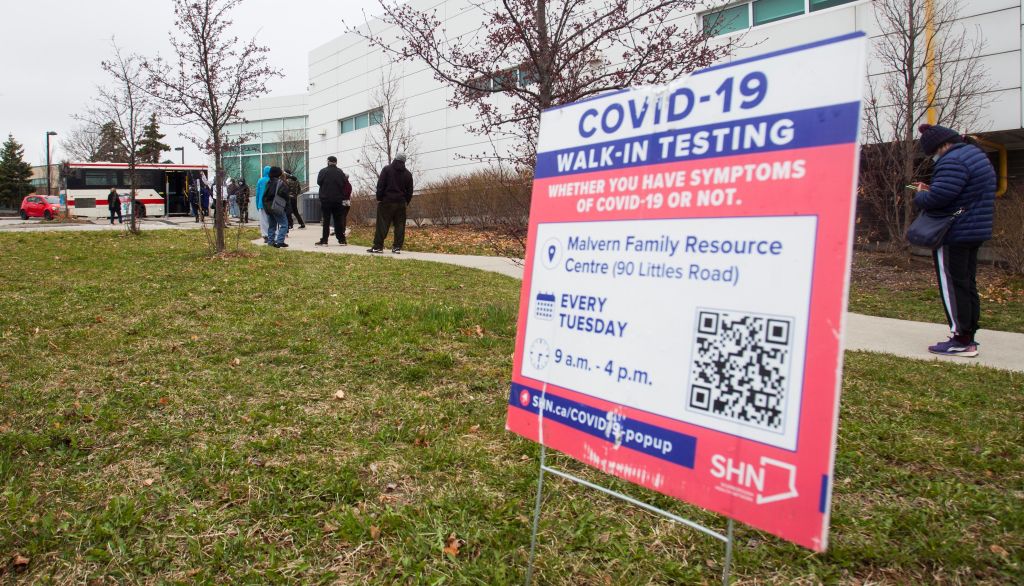COVID is dominant respiratory illness in the region: ROW Public Health

Posted Sep 24, 2024 05:33:53 AM.
Last Updated Sep 24, 2024 10:33:39 AM.
People in the region are getting sick with flu-like symptoms, but with a lack of testing, local experts are finding it hard to determine how many people are sick.
David Aoki, the Director of Infectious Diseases and Chief Nursing Officer for the region’s public health unit, told 570 NewsRadio that COVID is the dominant virus causing respiratory illness. He also mentioned it isn’t increasing to the point where outbreaks are happening regularly.
“We are starting to see a little bit of an increase in COVID outbreaks in long term care retirement homes where we are tracking it. But overall, we aren’t seeing an increase in flu or RSV cases or other diseases that cause respiratory illness during the winters.”
The other way Region of Waterloo Public Health tests for respiratory viruses is through federal wastewater testing, which isn’t localized the way it was before the province shut down the program over the summer.
“We do recommend if people have a fever and a prolonged cough or any difficulty breathing to see their family doctor and get a proper assessment of what their respiratory illness is so they can get the right treatment,” said Aoki.
He mentioned that they are also seeing a rise in whooping cough locally, mainly in children. Getting children updated vaccinations is the best way to avoid getting the virus, he added.
“Usually, our respiratory season we start to see cases really pick up in November and then it goes right through ’till April. But it picks usually in December and January, so this is very early days for our respiratory season right now,” said Aoki.
If you have a fever, Aoki says to stay home for 24-48 hours, and make sure symptoms improve before you go back to school or work. He added that the ways people prevented COVID from spreading during the pandemic still apply, including covering your mouth while coughing or sneezing.
More health stories
ROW Public Health plans to roll out flu and COVID vaccines in October for higher risk populations with the rest of the population able to get a vaccination starting Oct. 28.
A University of Waterloo Associate Professor in the School of Public Health Sciences, Zahid Butt, said they were told the current COVID variant could circulate soon in the population.
“We don’t have as much as testing as we had before. So, you do see the cases but it’s difficult to differentiate whether it’s the flu or COVID-19 without testing,” he said.
“You won’t really know how many cases are out there, its more about basically when you see a lot of people getting sick when you have absences from school or from work then you can have an estimate.”
Butt also mentioned that an updated vaccine about to come out will protect people from getting severe COVID symptoms.
“From what we know about the current variant it might be more transmissible, but we don’t see that it’s more severe or presents more severe symptoms. We’ll know more once we get into the flu season but currently, that is what we are observing now,” he noted.
Flu season typically starts and runs through fall or winter months; Butt mentioned that COVID doesn’t have a seasonal variation the same way so it can be harder to estimate.











